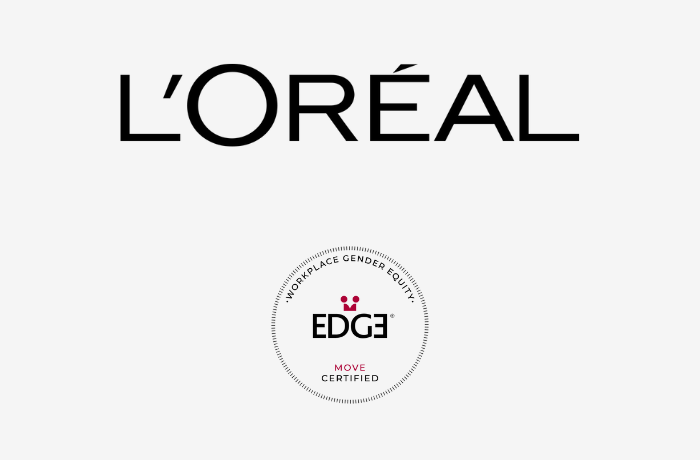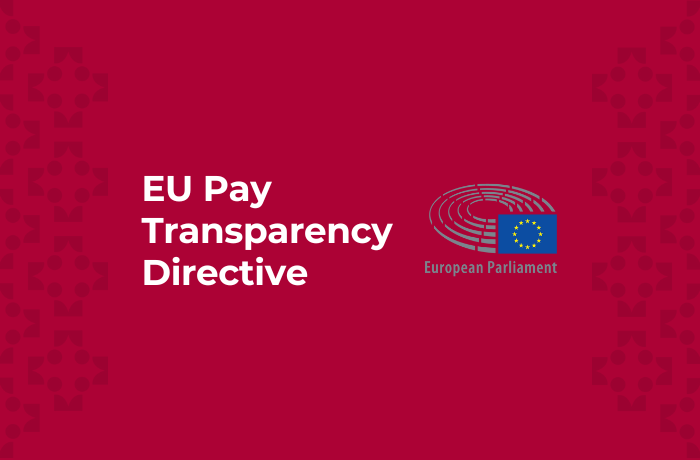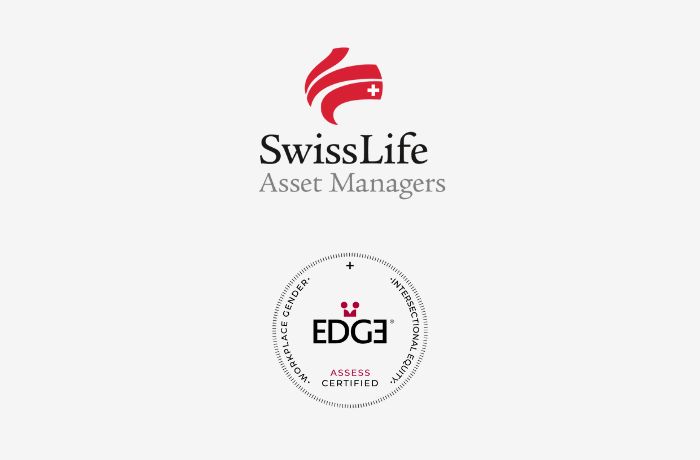When pursuing EDGE Certification in the U.S., it’s essential to understand the local DE&I landscape. This article explores the U.S. context for DE&I practices, and data protection policies which could impact EDGE Certification. With an overview of the indicators shaping DE&I in the U.S., your organization can prepare effectively and harness EDGE (gender-binary) and EDGEplus (gender and intersectionality) Certifications to drive meaningful, lasting change.
Navigate this Article
- Labour Market Indicators
- DE&I Focus Areas on a Country Level
- Personal Data Protection in the U.S.
- Achieve Meaningful DE&I Impact with EDGE Certification
Labour Market Indicators

DE&I Focus Areas on a Country Level
| DE&I Focus Areas | Status in the United States |
| Paid Parental Leave | 0 weeks paid maternity leave 0 weeks paid paternity leave |
| Law on Pay Equity | Yes ✅ |
| Pay Gap Reporting Legal Requirement | Yes ✅ |
| Gender Quotas on Company Boards | No ❌ |
| Non-Binary Gender Identity Legal Recognition | Partly – Since April 11, 2022, the United States has permitted individuals to select “X” as their gender on passports nationwide. Other forms of identification remain subject to state-specific regulations. |
| Sexual Harassment Protection in Employment | Yes ✅ |
| Disability Non-Discrimination in Employment | Yes ✅ |
| LGBTQ+ Non-Discrimination in Employment | Yes ✅ |
| Race/Ethnicity Non-Discrimination in Employment | Yes ✅ |
| Nationality Non-Discrimination in Employment | Yes ✅ |
| Age Non-Discrimination in Employment | Yes ✅ |
| Same-Sex Marriage | Yes ✅ |
This data is taken from EquiNations, our research which captures the DE&I regulatory contexts across the 20 countries with the highest number of currently EDGE Certified organizations.
Personal data protection in the United States
There is no single overarching data protection law in the United States. Instead, a patchwork of federal and state laws governs the protection of personal data for U.S. residents. Organizations operating in the U.S. can have confidence that EDGE securely processes only anonymized and aggregated data on Swiss servers, ensuring robust protection of personal data.
Achieve Meaningful DE&I Impact with EDGE Certification
EDGE Certification is audited by independent third-party certification bodies, it supports the integrity and credibility of data and information, and gives organizations a powerful way to communicate DE&I commitment and performance.
DE&I management requires a sustained, business-critical focus. Integrating DE&I into an organization’s policies and practices while regularly reviewing and refining efforts is essential. EDGE Certification, powered by EDGE Empower®, supports organizations build and maintain this focus and includes:
- An analytical framework to help organizations assess their current DE&I status and benchmark to define achievable goals.
- Two-year cycles to set time-bound objectives and track progress.
- Transparency and accountability through third-party verification.
- EDGEplus for a comprehensive view of DE&I that considers the intersectionality between gender and other diversity dimensions (race/ethnicity, gender identity, working with a disability, nationality, age, and LGBTQ+).
- A data-driven, proven approach informed by leadership insights and real-world practices, supporting a holistic DE&I strategy.
- Guidance on meeting DE&I compliance obligations, including the CSRD and EU Pay Transparency Directive.
EDGE Empower® is a comprehensive DE&I software-based solution, empowering organizations to apply the same discipline and rigor to DE&I as to any other critical business objective. EDGE Empower® offers a holistic approach to facilitate DE&I compliance obligations in the U.S., including:
Interested to know more? Watch the highlights from our EDGEtalks webinar which provides valuable insights into the challenges posed by current U.S. employment anti-discrimination laws for DE&I in the workplace. To learn more about how EDGE can support your DE&I goals and meet regulatory requirements in the U.S., please contact us or begin your EDGE Certification® journey with EDGE Empower®.
Disclaimer: Please note that this does not constitute legal advice.
Updated December 2024



